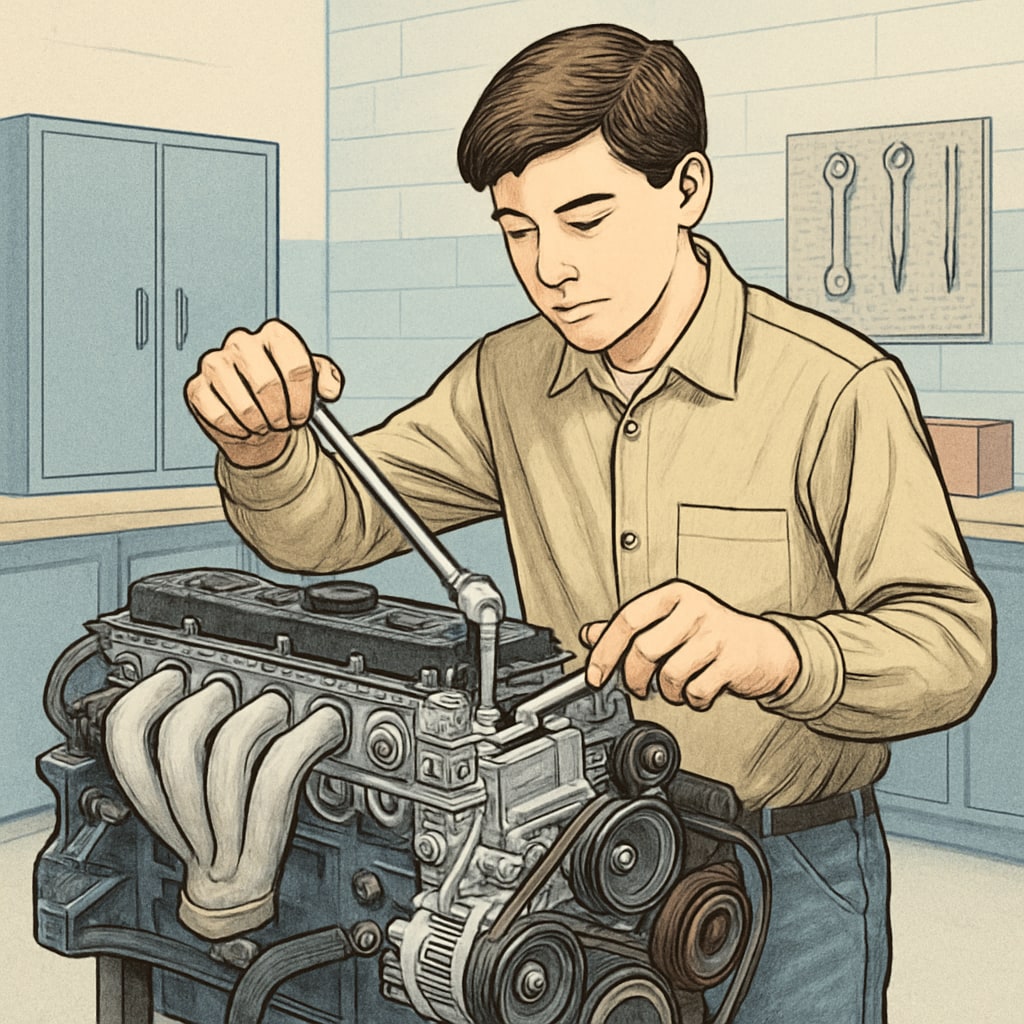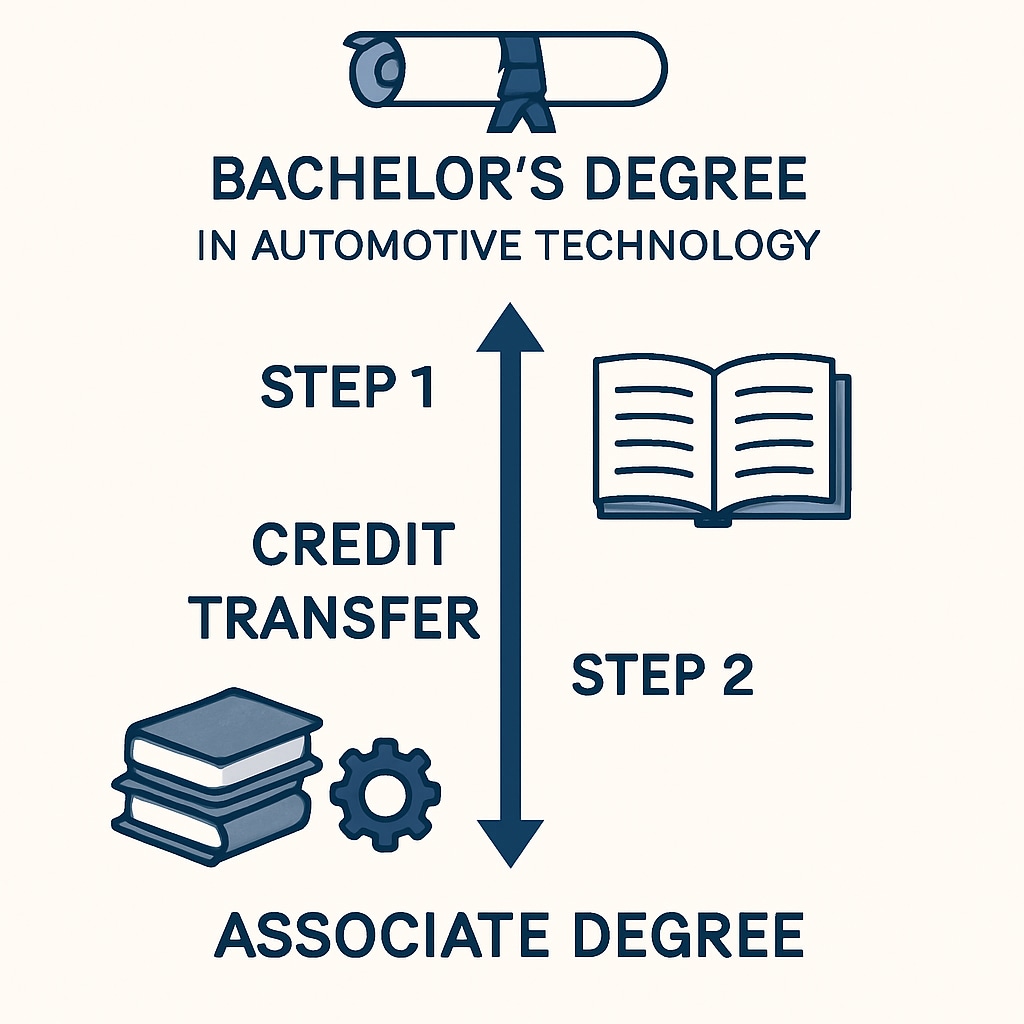For students with a military background or those planning to advance from an associate degree in automotive technology to a bachelor’s degree, understanding the process of credit transfers and educational pathways is crucial. This article delves into how early technical skill development during the K12 years can set the stage for academic and career success, while offering guidance on transitioning from an associate degree to a bachelor’s degree in automotive technology.
Early Technical Skill Development in the K12 Years
Building a foundation in technical skills during the K12 years is essential for students aiming to excel in fields like automotive technology. Early exposure to vocational training, STEM (Science, Technology, Engineering, and Mathematics) courses, and hands-on projects can ignite interest and provide a competitive edge. Programs like high school career academies or dual enrollment opportunities allow students to earn college credits while still in high school, saving time and money in the long run.
For example, many schools offer automotive technology courses that include practical training in diagnostics, repair, and maintenance. Students who engage in these programs can gain certifications like ASE (Automotive Service Excellence), which not only build their resumes but also set them up for advanced placement in post-secondary programs.

Planning the Transition: From Associate to Bachelor’s Degree
After completing an associate degree in automotive technology, the next logical step for career advancement is earning a bachelor’s degree. This transition requires careful planning, as not all credits earned in an associate program automatically transfer to a bachelor’s program. Therefore, researching articulation agreements between community colleges and universities is critical.
Articulation agreements are formal partnerships that outline which credits can be transferred to a four-year institution. For instance, programs focused on automotive engineering or technology management often accept credits from associate degree programs, allowing students to bypass introductory courses and begin upper-level coursework directly.
In addition, some universities offer “2+2 programs,” which are designed specifically for students transferring from a two-year college. These programs ensure that all credits from the associate degree are applied toward the bachelor’s degree, reducing the time needed to graduate.

Key Benefits of Earning a Bachelor’s Degree
While an associate degree provides the technical know-how required for entry-level positions, a bachelor’s degree opens doors to higher-paying roles and leadership opportunities. For instance, jobs in automotive design, engineering, and management often require advanced qualifications.
Moreover, a bachelor’s degree equips students with a broader skill set, including communication, project management, and critical thinking, all of which are invaluable in the modern workplace. With the automotive industry rapidly evolving due to advancements in electric vehicles, autonomous driving, and sustainability, a comprehensive education becomes even more important.
Resources for Military Veterans
For military personnel transitioning to civilian life, there are additional resources available to facilitate the educational journey. The GI Bill, for example, covers tuition costs for veterans pursuing higher education. Many universities also offer credit for military training, which can further reduce the time and cost required to earn a degree.
Additionally, organizations like the U.S. Department of Veterans Affairs provide detailed guidance on how to leverage these benefits. Veterans can also explore programs specifically tailored to their needs, such as those offering flexible learning schedules or online courses.
For more information on articulation agreements and credit transfers, websites like Transferology offer tools to evaluate how credits from one institution can apply to another.
Conclusion: Transitioning from an associate degree in automotive technology to a bachelor’s degree requires strategic planning, but the rewards are well worth the effort. By starting early with technical skill development, exploring articulation agreements, and leveraging available resources, students can pave the way for a successful career in the automotive industry.


